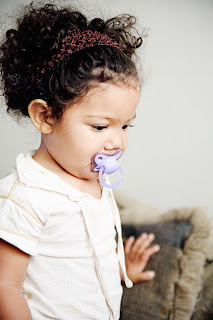Kyrgyzstan
This county is located in Central Asia between China and Kazakhstan. A Muslim Turkic people who gained their independence from Russia in 1991. They speak Kyrgyz, Russian, and English. There are so many interesting facts about this country yet reading about this country and their culture I see I would have some soul searching to do to be culturally responsive to a student entering my classroom. I am going to identify some of their ideas that I definitely could see some bristling about and this is what I will address.
1) Children are still expected to be quiet and not allowed to go to parties or to disturb guests within the home. Infants are strapped to their cradles and quieted when they make a noise. I need to be aware of this when a child from this culture is within the classroom. This would explain to me why s/he does not speak much or respond to my questions or conversations. I would work with this child calmly and quietly in hopes that s/he would realize it is okay to speak at school and stay quiet at home.
2) This country is ethnically diverse which causes unrest resulting in riots and violence, a class system, and though girls are considered equal to boys they interact very little with each other. Knowing these facts would explain to me why the girls and boys are not interacting. Those bringing their child to school and at pick-up time would not want to inter act with those of different sex so if a father is picking up their child, he would not wish to speak to me. I would respect this and in turn it would show the child I am respecting who they are as well.
3) Ceremonial traditions are very different than what we here in the U.S. would be comfortable with. These traditions revolve around the preparation of a slaughtered sheep (sometimes a horse), serving people according their class, and the mandatory practice of several shots of vodka. This is a little against what I was raised with and I would need some rethinking to be "okay" with this. I would need to allow the child to speak openly about any celebration they may have celebrated at the home with no sense of condemnation (animal rights or worry about alcohol consumption of the adults).
4) Girls are expected to help out around the home while the boys are considered rowdy and active so they are not expected to do many chores. To be culturally sensitive in this area I could make a "game" out of clean-up time. The girls may be more acceptance with the clean-up routines while the boys may need a different approach.
5) This country is rich in oral literacy tradition with many epic stories and lyric poetry to relate history and entertainment. To carry on this tradition in the classroom I would love to become more adept in story telling outside of a book cover as well as continue with our many finger plays and children's songs.
Making sure I understand these very diverse traditions within this culture would help any student feel more at ease within the classroom. These children would feel accepted and this would help them to have an easier transition from one culture into another as they go from home, to school, and then to home again. To truly engage students, we must reach out to them in ways that are culturally and linguistically responsive and appropriate, and we must examine the cultural assumptions and stereotypes we bring into the classroom that may hinder interconnectedness (tollerance.org, 2017). I need to make curriculum relevant to all students in order to reach them otherwise I am just performing classroom management skills. A student always does much better when they know their family is accepted for who they are and these very different traditions are no different. Families also need to know I accept their child for who she or he is knowing it is safe both physically and emotionally to leave their child with me. A child does not learn properly unless s/he feels safe and ensuring I know not only about where my students come from but what they have experienced will give them that sense of safety.


